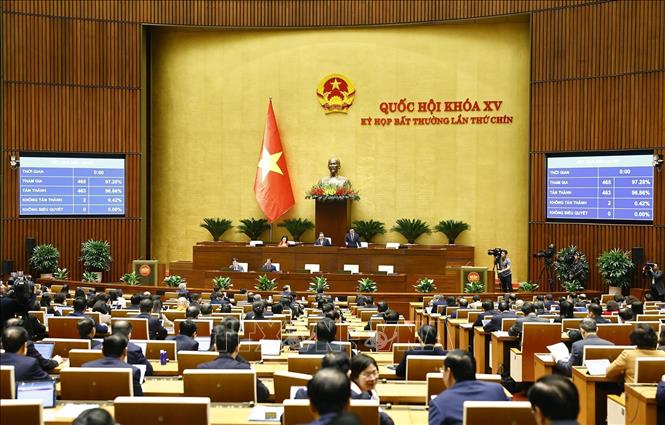 The National Assembly voted to pass the Law on Government Organization (amended). Photo: Doan Tan/VNA
The National Assembly voted to pass the Law on Government Organization (amended). Photo: Doan Tan/VNA
The Law consists of 5 chapters and 32 articles. Previously, on February 13 and 14, the National Assembly discussed this Law project in groups and halls. According to the Report on Explanation, Acceptance and Revision of the Draft Law on Government Organization (amended), immediately after the meeting, the National Assembly Standing Committee directed the synthesis, explanation, acceptance and revision of the draft Law according to the opinions of National Assembly deputies.
Specifically, in order to ensure the consistency of the draft Law with the legal system, some opinions suggested continuing to review the provisions of the draft Law, especially the provisions on decentralization and delegation of powers, to ensure consistency, synchronization, and consistency with the provisions of the Constitution, laws, and draft laws submitted to the National Assembly for consideration and approval at this session; at the same time, it is necessary to supplement the content that decentralization and delegation of powers must be associated with power control and anti-abuse of power.
In response to the opinions of National Assembly deputies, the National Assembly Standing Committee directed the review of the provisions in the draft Law on Government Organization (amended) with the provisions of the Constitution, relevant laws and draft laws to ensure constitutionality, consistency, unity and connectivity between laws and within the legal system.
Regarding the provisions on power control in performing decentralized tasks and powers, the provisions on decentralization have been stipulated in Clauses 7 and 8, Article 6, Clauses 3 and 4, Article 8, Clauses 3 and 4, Article 9 and specific provisions on the responsibilities of the Government, Prime Minister , Ministers, and Heads of ministerial-level agencies in the draft Law.
Regarding the issue of decentralization, delegation, and authorization (stipulated in Articles 7, 8, and 9), some opinions proposed to supplement the explanation of the concepts of decentralization, delegation, and authorization; clarify the content related to the scope, subjects, and responsibilities of the person decentralizing, delegating, and authorizing, the principles, conditions, and cases of decentralization, delegation, and authorization; and clearly define the tasks and powers between central and local agencies in decentralization and delegation.
The National Assembly Standing Committee has accepted and supplemented the concepts of decentralization, delegation, and authorization in Clause 1, Article 7, Clause 1, Article 8, and Clause 1, Article 9 of the draft Law.
Regarding the request to clarify the contents on decentralization, delegation, and authorization, the National Assembly Standing Committee found that the draft Law has been designed in line with the provisions of the draft Law on Organization of Local Government (amended) on decentralization, which clearly identifies the agencies, organizations, and individuals receiving the rights prescribed in laws and resolutions of the National Assembly; for issues that have been delegated to local authorities according to the decentralization principle prescribed in the Law on Organization of Local Government, local authorities shall proactively decide, organize implementation, and be responsible for the delegated tasks and powers.
Regarding decentralization, the National Assembly Standing Committee has directed a review to ensure consistency, unity and clear identification of the decentralizing subjects, the subjects receiving decentralization and the responsibilities of these subjects; and the method of implementing decentralization. Based on the decentralization principle in this Law, when implementing decentralization, specialized legal documents will specifically define issues that are not decentralized.
Regarding authorization, the contents of the draft Law have been designed in line with the provisions of the draft Law on Organization of Local Government (amended), thereby clearly defining the authorizing subjects, authorized subjects and responsibilities of these subjects; methods, contents, scope, duration of authorization and conditions of principle in implementing authorization. The above provisions in the draft Law have reflected the requirements that National Assembly deputies have raised...
The Law on Government Organization (amended) takes effect from March 1, 2025.
Hien Hanh (Vietnam News Agency)
Source: https://baotintuc.vn/thoi-su/thong-qua-luat-to-chuc-chinh-phu-sua-doi-20250218093907547.htm


![[Photo] The 1st Congress of Phu Tho Provincial Party Committee, term 2025-2030](https://vphoto.vietnam.vn/thumb/1200x675/vietnam/resource/IMAGE/2025/9/30/1507da06216649bba8a1ce6251816820)
![[Photo] Solemn opening of the 12th Military Party Congress for the 2025-2030 term](https://vphoto.vietnam.vn/thumb/1200x675/vietnam/resource/IMAGE/2025/9/30/2cd383b3130d41a1a4b5ace0d5eb989d)
![[Photo] President Luong Cuong receives President of the Cuban National Assembly Esteban Lazo Hernandez](https://vphoto.vietnam.vn/thumb/1200x675/vietnam/resource/IMAGE/2025/9/30/4d38932911c24f6ea1936252bd5427fa)
![[Photo] General Secretary To Lam, Secretary of the Central Military Commission attends the 12th Party Congress of the Army](https://vphoto.vietnam.vn/thumb/1200x675/vietnam/resource/IMAGE/2025/9/30/9b63aaa37ddb472ead84e3870a8ae825)
![[Photo] Panorama of the cable-stayed bridge, the final bottleneck of the Ben Luc-Long Thanh expressway](https://vphoto.vietnam.vn/thumb/1200x675/vietnam/resource/IMAGE/2025/9/30/391fdf21025541d6b2f092e49a17243f)

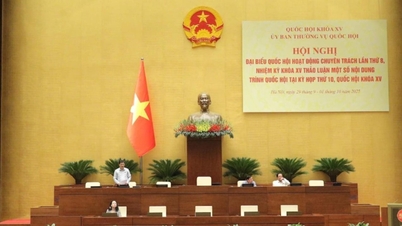



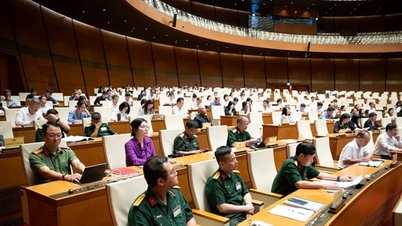






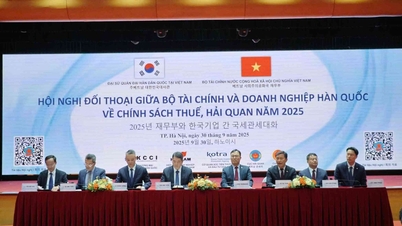
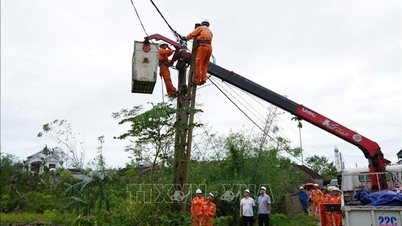


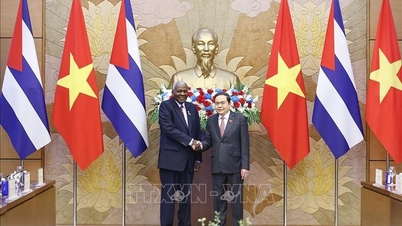




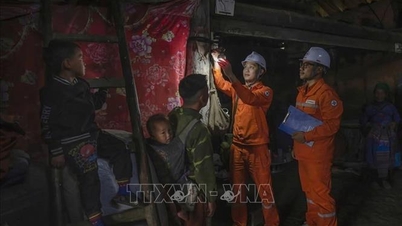





































































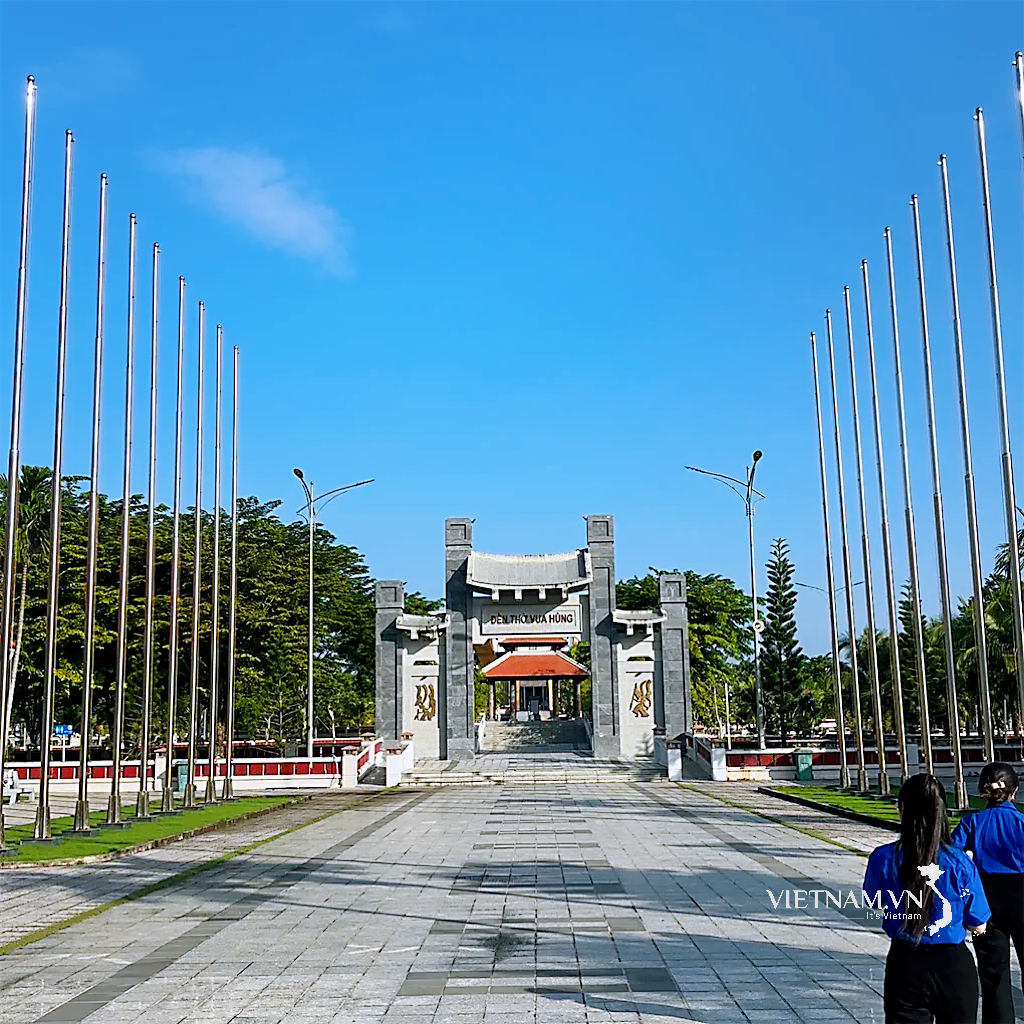


Comment (0)